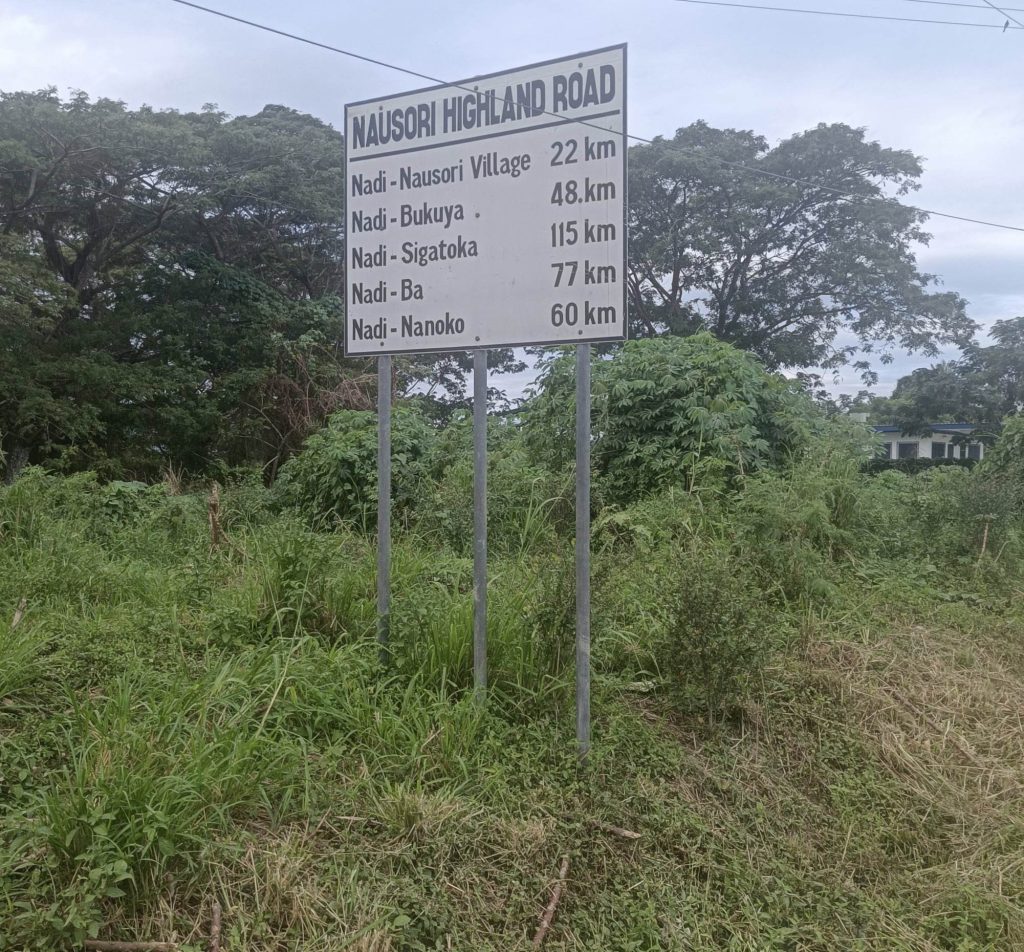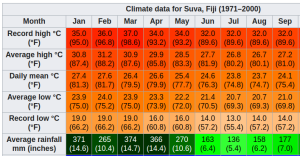“Never say never,” they say.
With that mind, it’s pretty unlikely I’ll go back to Fiji for anything more than a short holiday.
Don’t get me wrong, I loved my time there. It’s warm, and the beaches are good ( enough ).
But as someone a little long in the tooth and saggy at the jaw, I’m looking for somewhere liveable for longer stretches – months at a time, and maybe years at a time.
That’s not Fiji, and here’s why, for me;
- Accommodation is expensive, even for monthly stays. For a decent self-contained unit, you’re looking at USD $500 minimum. Real estate agents generally won’t do monthly leases for expats, they want annual or longer leases. Compare that to the $USD 175 /month I paid in Thailand ( 2019 ), and the $USD 233 / month I paid in Vietnam ( 2020 ), and even $USD 420 / month in Australia ( 2021 ). Sure, my last digs in Fiji cost slightly less than the Thai price above – but it had no hot water, or air conditioning,or ceiling fan, and the kitchen and bathroom were shared.
- Internet is too slow, especially for someone earning money online. Fiji’s average broadband speed is 16.64 mbps, ranking it #141 in the world. It’s too slow for reliable video connections. Compare that to New Zealand at 168 mbps( 12th fastest in the world ! ), Thailand’s 212 mbps ( 5th fastest ), and Vietnams 93 mbps ( 46th fastest ). Sure, you can pay $350 / month for SkyLink, but why do that when there are cheaper options elsewhere?
- Transport . It’s too hard to get around. Yes, buses are plentiful, and taxis are relatively cheap. But hiring your own car or bike will cost at least $45 USD / day. Compare that to bike hire at about $2 / day to hire a bike in Vietnam or Thailand.
- Dogs. At least in Nadi, dogs are everywhere, and yap at will. Any time of day or night you can hear a dog going off its head. Yes, sometimes you have to listen carefully, but usually not.
- Food is only slightly cheaper than New Zealand, but not if you want the essentials, like bacon, ham, coffee, dairy products, and chocolate.
So, for me, it’s Moce ( “goodbye”, or literally ‘good night’ ) to Fiji. It was nice getting to know you, but let’s leave it at that.



